The leading British playwrights taking on the Suez crisis
On the 60th anniversary of the Suez crisis, a look back at how some of Britain’s most celebrated playwrights – including Howard Brenton, James Graham, Christopher Hampton, David Hare and John Osborne – have dramatised the military and diplomatic fiasco of October 1956
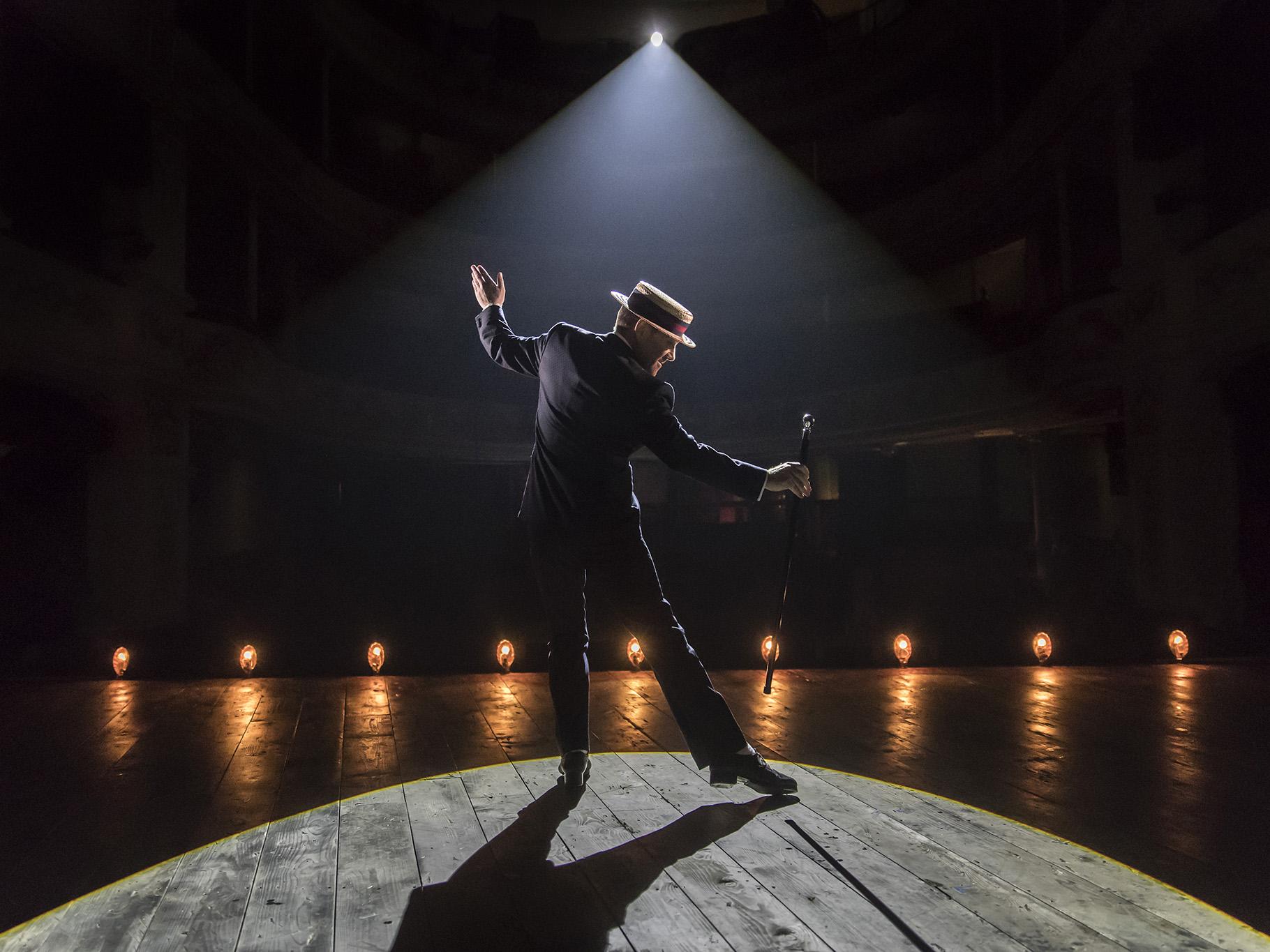
Your support helps us to tell the story
From reproductive rights to climate change to Big Tech, The Independent is on the ground when the story is developing. Whether it's investigating the financials of Elon Musk's pro-Trump PAC or producing our latest documentary, 'The A Word', which shines a light on the American women fighting for reproductive rights, we know how important it is to parse out the facts from the messaging.
At such a critical moment in US history, we need reporters on the ground. Your donation allows us to keep sending journalists to speak to both sides of the story.
The Independent is trusted by Americans across the entire political spectrum. And unlike many other quality news outlets, we choose not to lock Americans out of our reporting and analysis with paywalls. We believe quality journalism should be available to everyone, paid for by those who can afford it.
Your support makes all the difference.The 60th anniversary of the Suez crisis coincides with this week’s broadcast to more than 600 UK and international cinemas of the Kenneth Branagh Theatre Company revival of The Entertainer, the John Osborne play starring Branagh and Greta Scacchi, in which the son of the title character, Archie Rice, is killed during that infamous British military intervention in Egypt.
So this is an apt moment to recall how leading British playwrights – from David Hare in Plenty (1978), currently being revived at New York’s Public Theatre and starring Rachel Weisz, to Peter Morgan in The Audience (2013) – have followed in Osborne’s footsteps, by dramatising various aspects of Prime Minister Anthony Eden’s collusion with France and Israel in an unlawful attempt to seize back the Suez Canal and depose Egypt’s President Nasser, who in July 1956 had nationalised the waterway used to transport much of Europe’s oil. Economic pressure from US President Eisenhower, who refused to staunch the hemorrhaging of UK currency reserves, forced Eden to withdraw British forces unconditionally, just days after they landed in Port Said in early November; he resigned in January 1957.
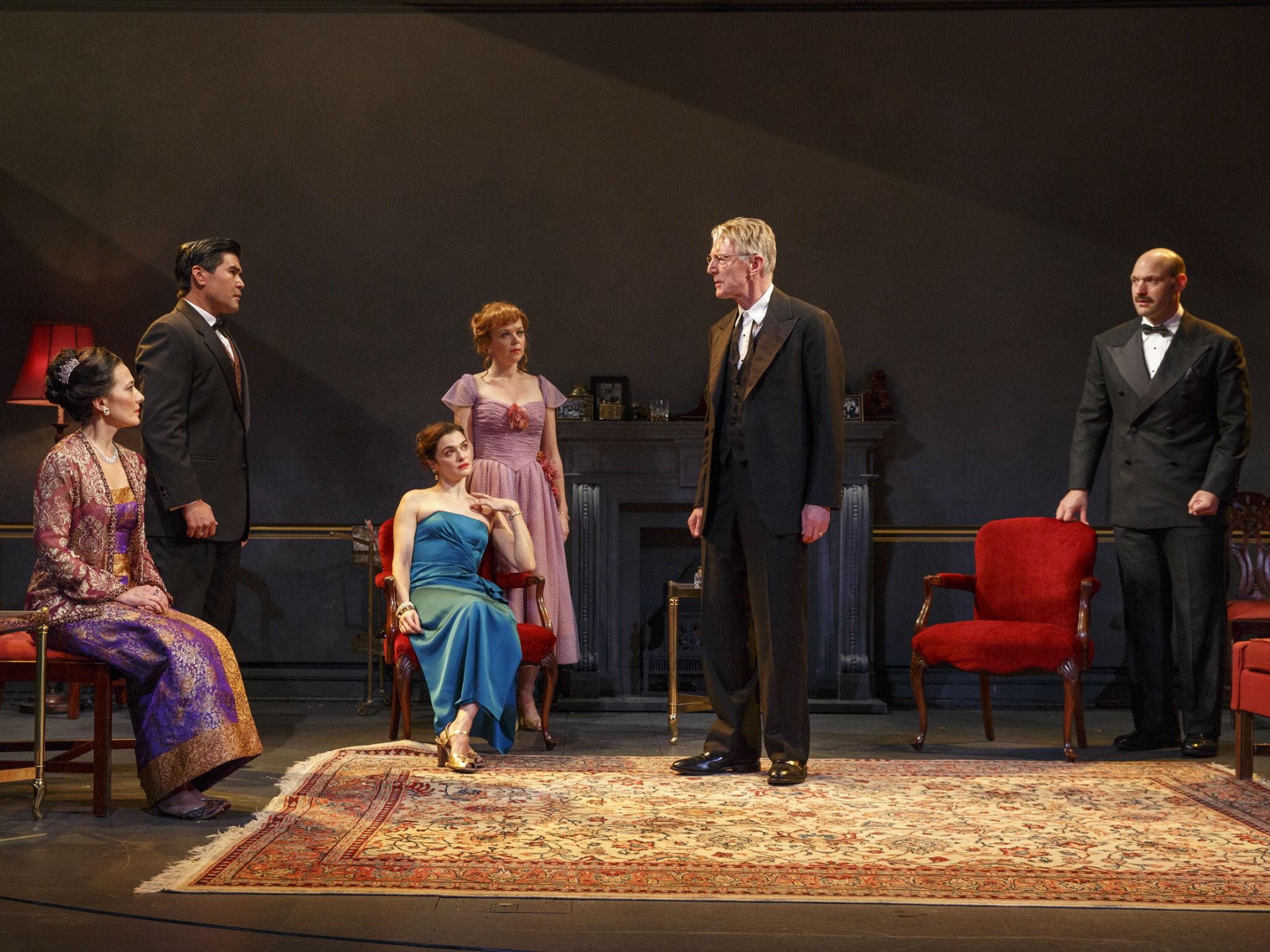
After reading The Entertainer, Plenty and The Audience alongside other plays that tackle the crisis – Christopher Hampton’s White Chameleon (1991), Adrian Mitchell’s Falling Over England (1994), James Graham’s Eden’s Empire (2006), Howard Brenton’s Never So Good (2008) and Hugh Whitemore’s A Marvellous Year for Plums (2012) – I imagined a theatre somehow compiling all their Suez scenes into an all-day stage epic. It would depict the build-up, (mis-)conduct and aftermath in chronological order. Its dramatis personae would blend fictional characters such as Osborne’s Rice family and the Foreign Office diplomats of Plenty, with real-life figures: Eden, Winston Churchill, Foreign Secretary Selwyn Lloyd and Chancellor Harold Macmillan (who succeeded Eden as PM). The action would cut back and forth between Buckingham Palace (meeting Eden in The Audience, the Queen describes Suez as “an unjustifiable incursion into a sovereign nation”), the Commons, No 10, Chequers (where, in Whitemore’s play, Eden asks Ian Fleming how James Bond would tackle “a villain like Nasser”), the Commons and private homes across England, and in Alexandria.
I suggested to the National Theatre that, having premiered Plenty (Lyttelton), White Chameleon (Cottesloe) and Never So Good (Lyttelton), it might mark the 60th anniversary with a platform offering a taste of this putative Suez compendium. On 1 November in the Lyttelton, I will chair “Staging Suez”: a conversation between Howard Brenton, James Graham and Gill Bennett, formerly chief historian of the Foreign and Commonwealth Office, interspersed with extracts from Plenty, Never So Good (in Brenton’s biographical drama about Macmillan, “the Suez betrayal” takes up the third of four acts) and Eden’s Empire, read by actors from the NT’s Amadeus and The Red Barn companies.
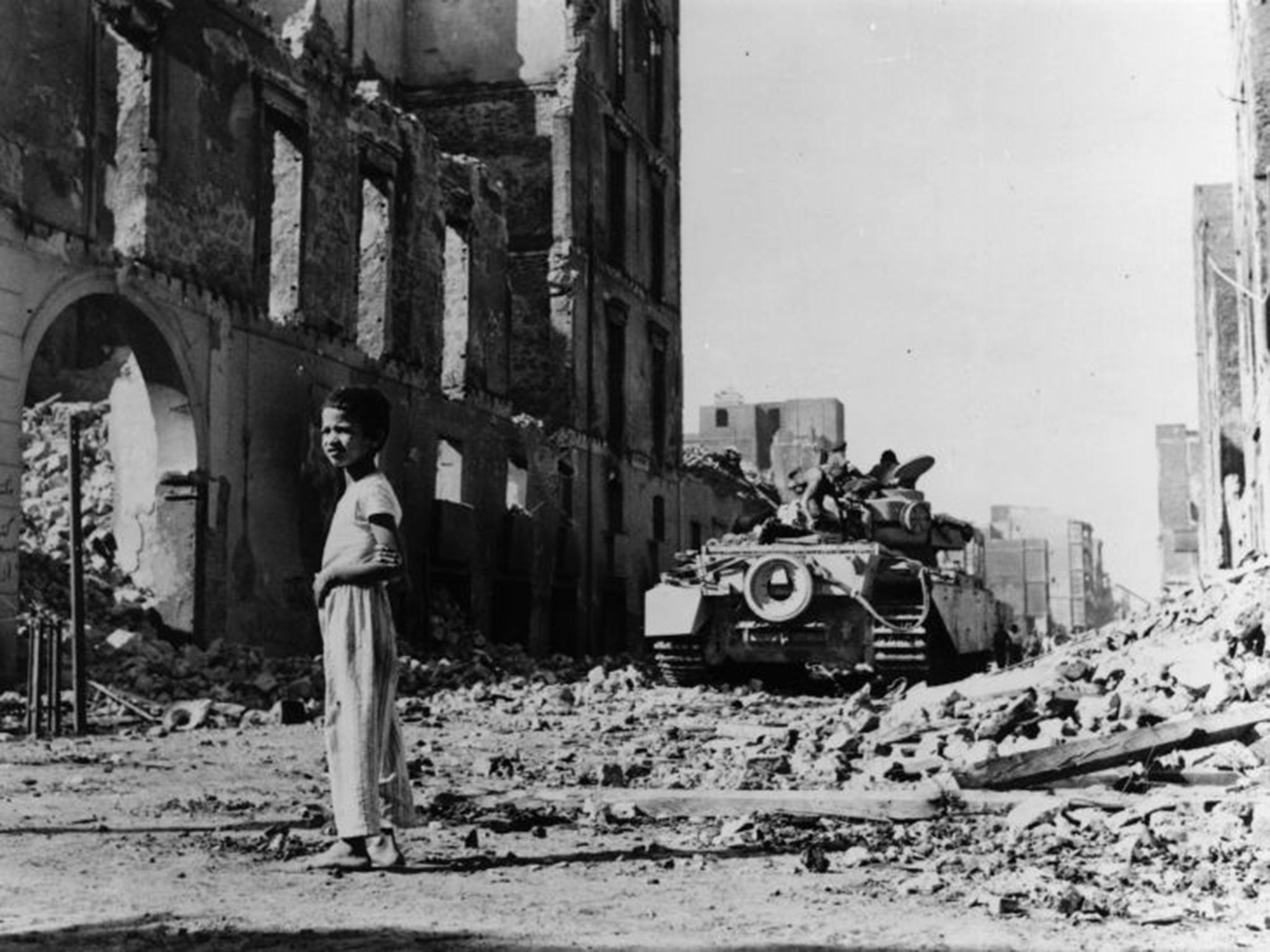
When The Entertainer premiered at the Royal Court in April 1957, with Laurence Olivier, the nation’s most feted classical actor, as Archie, an adulterous, tax-dodging, second-rate Vaudevillian, Osborne used this anti-hero’s deceptions and downfall, and the divisive calamity of Suez, to symbolise the simultaneous deaths of British music hall and empire. “At the beginning of 1957,” wrote Osborne in his autobiography, Almost a Gentleman, “the muddle of feeling about Suez ... was so overheated that the involvement of Olivier in the play seemed as dangerous as exposing the royal family to politics”.
The play begins in November 1956, when Archie’s 22-year-old daughter Jean visits her family at their digs in “a large coastal resort”, a few days after she has joined the Trafalgar Square peace rally that saw 30,000 protesters denounce Eden’s aggression. Archie’s son Mick, a 19-year-old sergeant, is captured by the Egyptians, and the second act curtain falls just after Archie’s other son, Frank, announces: “They’ve killed Mick! Those bloody wogs – they’ve murdered him.”
Mick does not appear in the stage script, but, in adapting The Entertainer for film in 1960, Osborne and co-screenwriter Nigel Kneale expanded its Suez storyline, adding a two-minute scene in the first reel: Jean and her fiancé, Graham, join the uniformed Mick (Albert Finney), for a farewell drink, the night before he is flown out to Egypt. Jean urges him: “Stick in the back if there’s any shooting.”
When the Rices later learn of his death, viewers picture the handsome, smiling Finney, which renders Mick a more tangible casualty than he is for theatregoers – although director Rob Ashford accentuates his loss in the current production at the Garrick: while Branagh’s Archie sings “Thank God I’m normal” as a helmeted British soldier silently fires his rifle repeatedly in upstage silhouette; later, pallbearers cross the stage with a Union Jack-draped coffin. Ashford also contextualises Suez’s impact on the Rices by projecting a minute of British Movietone footage from 1956: a warplane taking off, the Trafalgar Square rally, a vox-pop with interviewees for and against Eden’s actions.
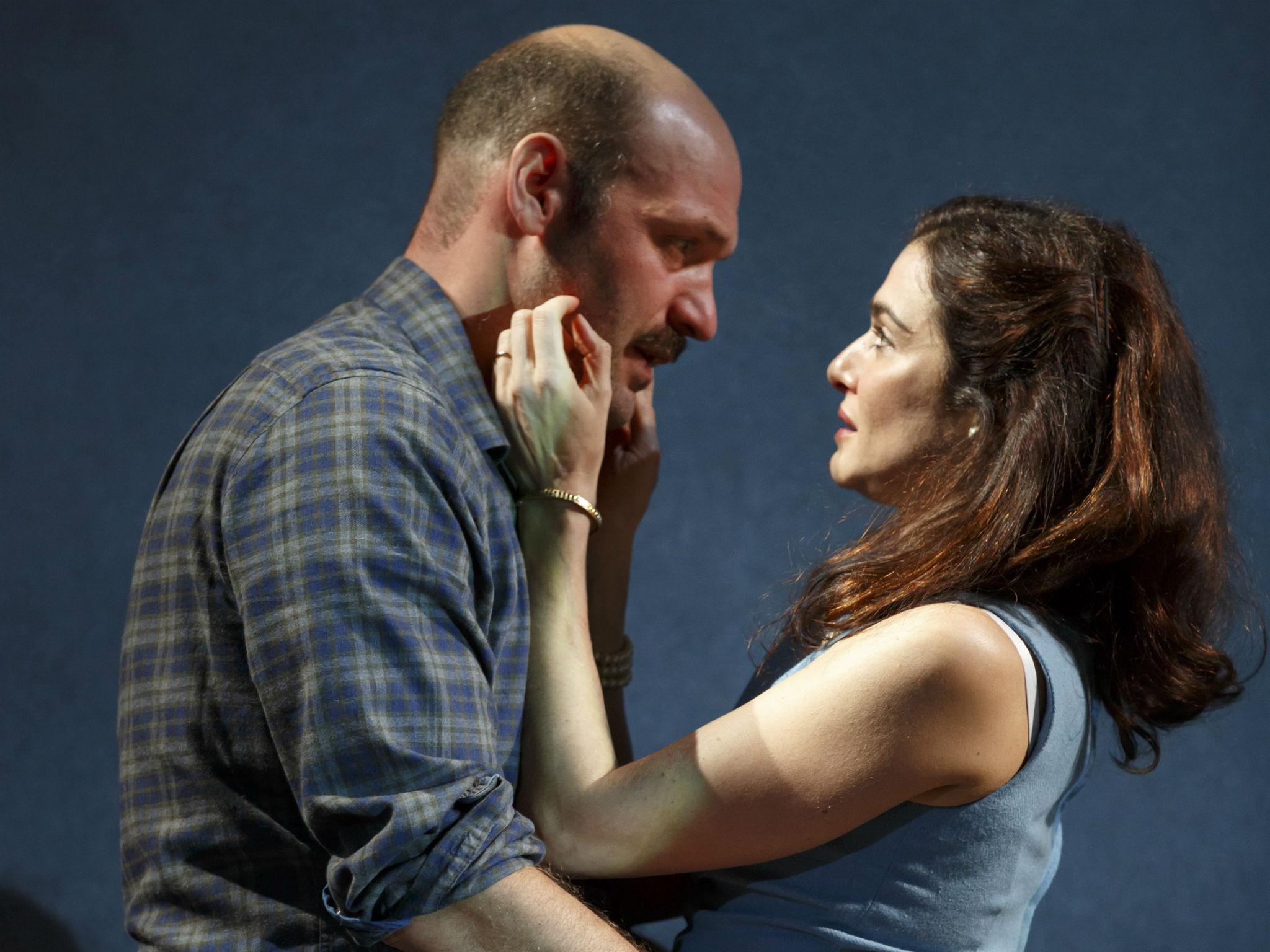
David Hare was nine when the crisis began, and, as he revealed last year in his memoir, The Blue Touch Paper, Suez proved “briefly disastrous” for his family. His father, Clifford, was purser on the P&O liner SS Mooltan as it ferried British troops towards Aden. After a “terrible failure of hygiene” in the ship’s kitchen caused mass food poisoning, the Daily Sketch carried a front-page picture of Clifford Hare in uniform, headlined “The Man Who Served Our Troops Soapy Potatoes”.
In Plenty, what Hare terms “the self-inflicted humiliation caused by a trumped-up invasion” is the most shameful of the post-war political betrayals that dismay his heroine, Susan Traherne (Rachel Weisz in New York), whom the play follows from 1943 to 1962.
Her husband, Raymond Brock, works for a senior diplomat, Sir Leonard Darwin, and Plenty’s first half ends with the scene that will feature in “Staging Suez”: a dinner party at Raymond and Susan’s Knightsbridge home, on the night British paratroopers drop into Egypt. Darwin tells Brock that Foreign Office officials “have been betrayed… the entire war is a fraud cooked up by the British.”
Susan, who fought with the Special Operations Executive in occupied France, abhors the contrast between that morally essential fight against Nazism and Eden’s cynical intervention, with the British and French fraudulently casting themselves as peacemakers in an Israeli-Egyptian conflict. In the Second World War, she says, “by and large we did make it our business to land in countries where we were wanted”; at Suez, Britain bombs in “bad conscience”. David Leveaux, director of the New York revival, rates this nine-page scene as the clearest, most concise account of Suez ever written for the stage.
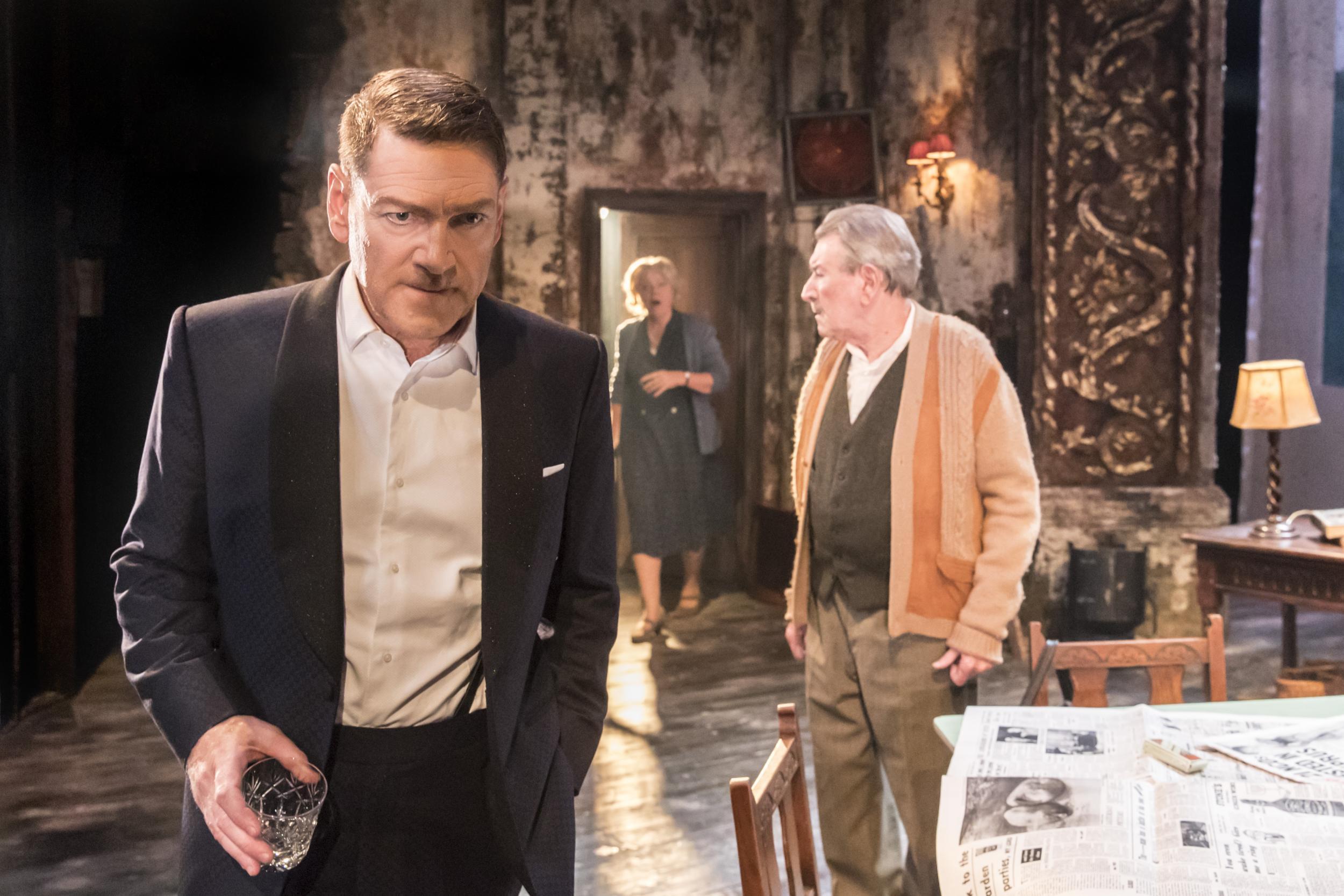
“David was with us for a couple of days in our first week of rehearsal,” Leveaux adds. “He described what [Suez] was like, right down to people nearly coming to blows in parliament, to give a sense of the enormity of division. He didn’t directly mention it, but [what happened to his family in 1956] was perfectly apparent in his palpably emotional response to those events.”
Hare’s contemporary at Lancing College, Christopher Hampton, born in 1946, lived in Alexandria for several years from 1952. Around 1989, Richard Eyre, then-director of the National Theatre, invited Hampton to write about the Crisis. “I started reading books and looking at newsreels,” Hampton told Alistair Owen in the book Hampton on Hampton (2005). “But the more I studied ... the more I thought, ‘I’m not very interested in writing about Suez, because everyone knows that it was a callous and stupid adventure, all about flexing muscles which Britain no longer had, and what else can you say except that?’”
Instead, in White Chameleon, which Eyre directed, Hampton made what he hoped were “dramatically effective responses” to his memories, lightly fictionalising his Egyptian childhood, with Suez as the play’s climax. The middle-aged Christopher (Tom Wilkinson in the Cottesloe) narrates while we watch Chris from 1952–56, as the young son of an English engineer working for Cable & Wireless in Alexandria, where the family are served by a “redoubtable” Egyptian, Ibrahim.
Six weeks before the Anglo-French assault, Chris is sent for his safety to “a dying prep school in Surrey”, where he tells other boys that if the British “go to war over the Suez Canal, they need their heads examining”, and is reprimanded by his headmaster for “undermining morale” with “unpatriotic remarks”. Christopher then tells us: “Our military adventure petered out abruptly and ignominiously; and, all of a sudden, the British empire was over. What a funny ending.”
A decade older than Hampton, Julian Mitchell, best known for Another Country (1981), was an Oxford undergraduate in 1956, strongly opposed to Eden’s Suez policy. He was also a reserve Royal Navy navigation officer, and might have been summoned to fight Nasser. In his Falling Over England (first staged at Greenwich Theatre), partly set in 1956, Matt Cowper, an Oxford student and reserve paratrooper, chooses to flee to France rather than answer his Suez call-up, declaring: “I refuse to die in a completely pointless and immoral war.” Matt’s right-wing, solicitor father Harry insists: “Nasser’s Mussolini all over again. Wog instead of wop.” Mitchell admits that Harry’s gung-ho views “are an unkind version of my own father’s”.
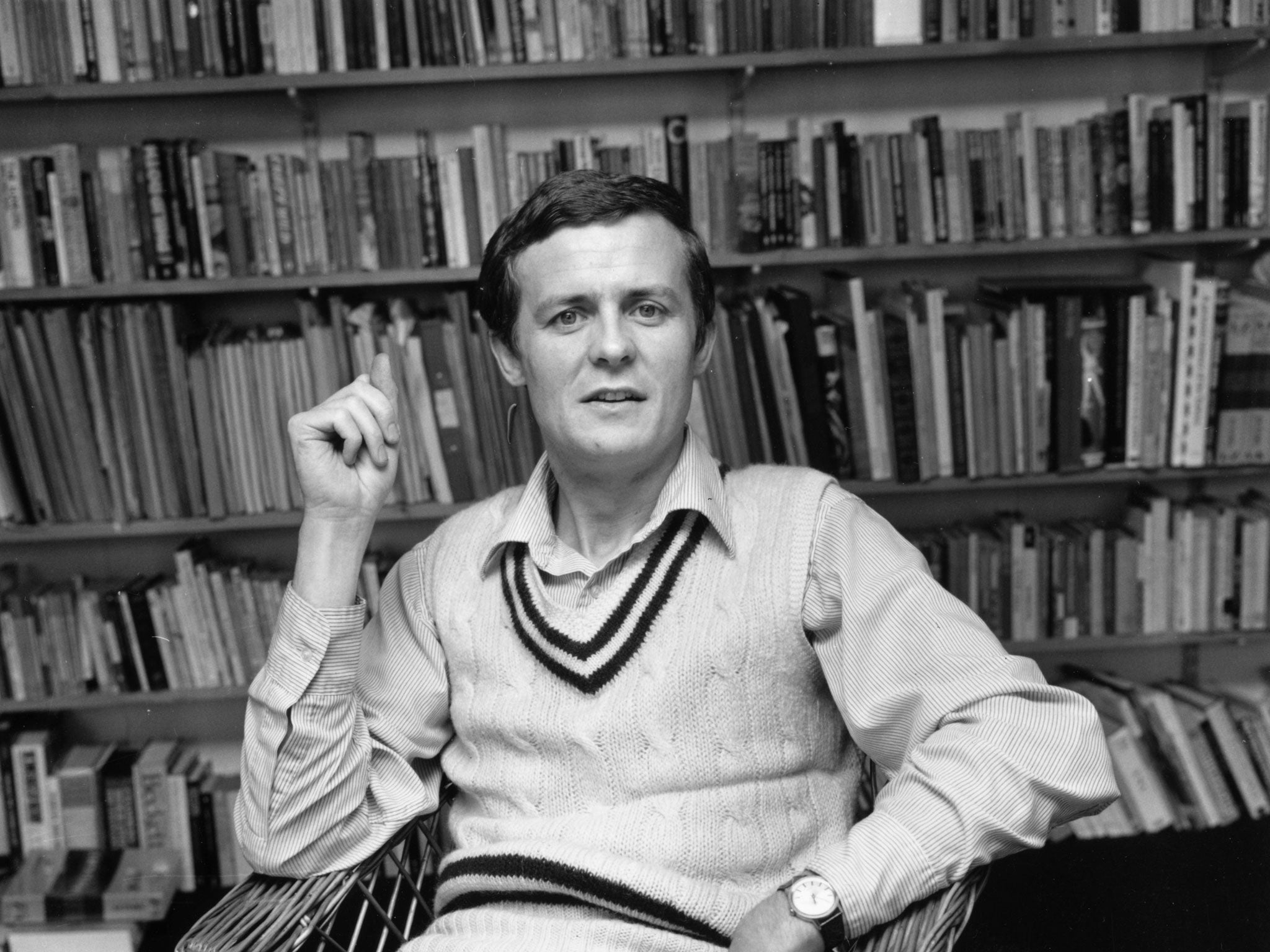
James Graham, born in 1982, knew little of Suez before writing Eden’s Empire. After the tiny Finborough Theatre, London, produced Graham’s Albert’s Boy (2005), about Einstein’s guilt over the Manhattan Project, the venue’s artistic director, Neil McPherson, commissioned Graham to write about Suez, for its 50th anniversary and because British forces, and Tony Blair as PM, were still mired in the aftermath of the UK’s most contentious foreign affairs intervention since 1956: the Iraq War. “Suez felt like a very useful way to explore Iraq,” Graham recalls, “without having to do a play set [there].” Eden’s Middle East misadventure, through which, as Graham puts it, “a PM lost the trust of the nation”, would illuminate Blair’s.
The more Graham researched (his reading included The Entertainer, Plenty and White Chameleon), the louder grew the Suez/Iraq and Eden/Blair echoes. Eden’s Empire, praised by Paul Taylor in his Independent review for its “artful mix of historical reconstruction and mischievously handled hindsight”, includes this exchange between Eden and Mountbatten, then First Sea Lord:
Mountbatten: Our main problem then is our exit strategy.
Eden: What’s the problem?
Mountbatten: We don’t really have one.
Graham also has a newspaper caricaturist observe: “Looks like old Tony is taking the country to war, then. Whether they like it or not.” At the Finborough in September 2006 this line prompted knowing laughter every night, something that Graham slightly regrets: “There are some lines – like that ‘Tony’ one – that, possibly in a bad way, were too winking at the audience.”
Daniel Rosenthal chairs ‘Staging Suez’ at the National Theatre’s Lyttelton Theatre, 5.45-6.45pm, 1 November. ‘The Entertainer’ is broadcast to cinemas on Thursday 27 October; ‘Plenty’ is at the Public Theatre, New York, until 1 December
Join our commenting forum
Join thought-provoking conversations, follow other Independent readers and see their replies
Comments